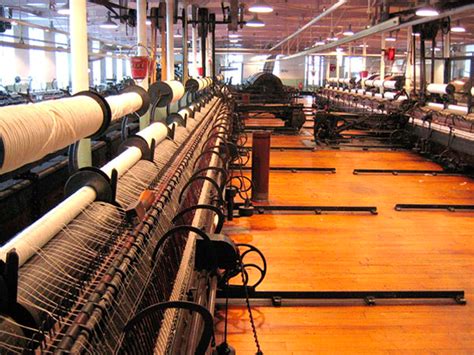In the heart of southern Africa lies Lesotho, a small nation known for its stunning landscapes and vibrant culture. However, recent events have shaken this peaceful country to its core. The Trump administration’s decision to impose a staggering 50 percent tariff on Lesotho’s denim exports has sent shockwaves through its economy, leaving many wondering about the future.
A Small Nation Bearing a Heavy Burden
Lesotho is no stranger to challenges. As one of the world’s poorest countries, it relies heavily on its textile industry as a source of income and employment. The manufacturing sector, particularly denim production destined for American markets, plays a crucial role in sustaining the livelihoods of many Basotho citizens.
Unforeseen Consequences
The sudden imposition of exorbitant tariffs has left government officials scrambling to assess the impact on local businesses and workers. With such a substantial increase in export costs, there are fears that job losses and economic downturns could loom on the horizon for Lesotho.
A Continent in Crisis
Lesotho is not alone in facing these challenges; other African nations have also been targeted with high tariffs by the Trump administration. Countries like Madagascar, Algeria, Angola, Botswana, Libya, Mauritius, and South Africa find themselves grappling with increased trade barriers that threaten their economic stability.
Expert economist Dr. Kwame Osei explains that while these tariffs may be part of broader trade strategies aimed at protecting American industries, they risk destabilizing already fragile economies in Africa. “The ripple effects of such actions can be far-reaching,” he warns.
The Global Trade Landscape
President Trump’s rationale behind these tariffs revolves around his belief that previous trade agreements were unfair to the United States. By levying heavy duties on imports from various countries worldwide, he aims to rebalance what he perceives as an inequitable system.
However, critics argue that targeting smaller economies like Lesotho may do more harm than good in achieving this goal. Instead of fostering fair competition, these tariffs could inadvertently deepen poverty levels and hinder long-term development efforts in vulnerable regions.
As tensions escalate between global trading partners, it remains uncertain how Lesotho will navigate this turbulent period ahead. Government officials are exploring diplomatic channels to address these concerns and seek solutions that safeguard their country’s economic interests without compromising vital trade relationships.
In times of uncertainty and upheaval, resilience becomes key for nations like Lesotho as they confront unforeseen challenges threatening their economic foundations.

